The common stereotype for dolphins is that they are a species of highly intelligent creatures. Dolphins are often portrayed in a heroic fashion in popular culture, saving humans in situations that require strength and stamina to overcome.
Recent breakthroughs in research suggest that dolphins can help humans in another area: the human genome database. Researchers leading a project at the Hollings Marine Laboratory located in Charleston, S.C. have discovered that the proteins found in the bottlenose dolphin genome have the potential significantly to improve the quality of the current human genome database used around the world.
Ben Neely, a member of the Marine Biochemical Sciences Group, is currently the leader of the new project taking place at the Hollings Marine Laboratory. The project also works in close collaboration with the National Institute of Standards and Technology (NIST).
“Dolphins and humans are very, very similar creatures. As mammals, we share a number of proteins, and our bodies function in many similar ways, even though we are terrestrial and dolphins live in the water all their lives,” Neely said, in a press release.
Neely and his team collected a list of all the proteins they found in the bottlenose dolphin.
These proteins contribute to the overall data collection of the genome, which is essentially the entire set of genetic material for a given organism.
Although the extensive genetic map of the bottlenose dolphin was technically first created in 2008, the research published by Neely and his team made scientists further aware of a more holistic dimension of the dolphin genome. It was also the first successful attempt at outlining a complete dolphin genome.
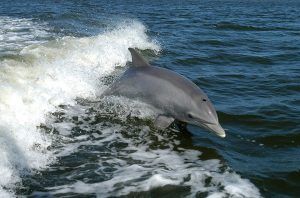
Many other companies and organizations were either directly or indirectly involved in this genome project, such as the private, U.S.-based companies like Dovetail Genomics and the National Center for Biotechnology Information at the National Library of Medicine (NCBI).
Dovetail Genomics was initially in charge of the process of genetic sequencing of the data. Afterwards, the products that came out of genetic sequencing were taken to the NCBI for official data generation.
Identifying the specific proteins found in an organism is a crucial step in every genome creation because it allows researchers to investigate the details of a given biological system in more depth. In fact, Neely studies what is known as proteomics, which is a gradually emerging field in scientific research that have a lot of similarities to genomics.
The major difference between the fields of proteomics and genomics is that genomics solely deals with the genetic aspect of an organism while proteomics refers to the entire set of protein coded by the genome of an organism.
Dolphin proteomics tells researchers a lot more than what one would expect. Researchers often compare proteins found in humans to those found in other mammals due to the amount of overlapping and similarities.
Often, new biological discoveries made in other mammalian species can lead to the development of more precise and more effective treatments for common medical problems in humans.
In order to gather sufficient protein samples, Neely’s team mainly investigates specimens provided by the National Marine Mammal Tissue Bank. With the aid of high resolution mass spectrometers and improved biomedical technologies, it is now easier for researchers to re-map previously obscured genomes.
“With abundant genomic resources it is now possible to study non-model organisms with similar molecular machinery in order to tackle difficult biomedical problems,” Neely said.
He has made the data collected by his team open to the public so that other researchers can potentially use these analytical tools to further the knowledge in the realm of proteomics.

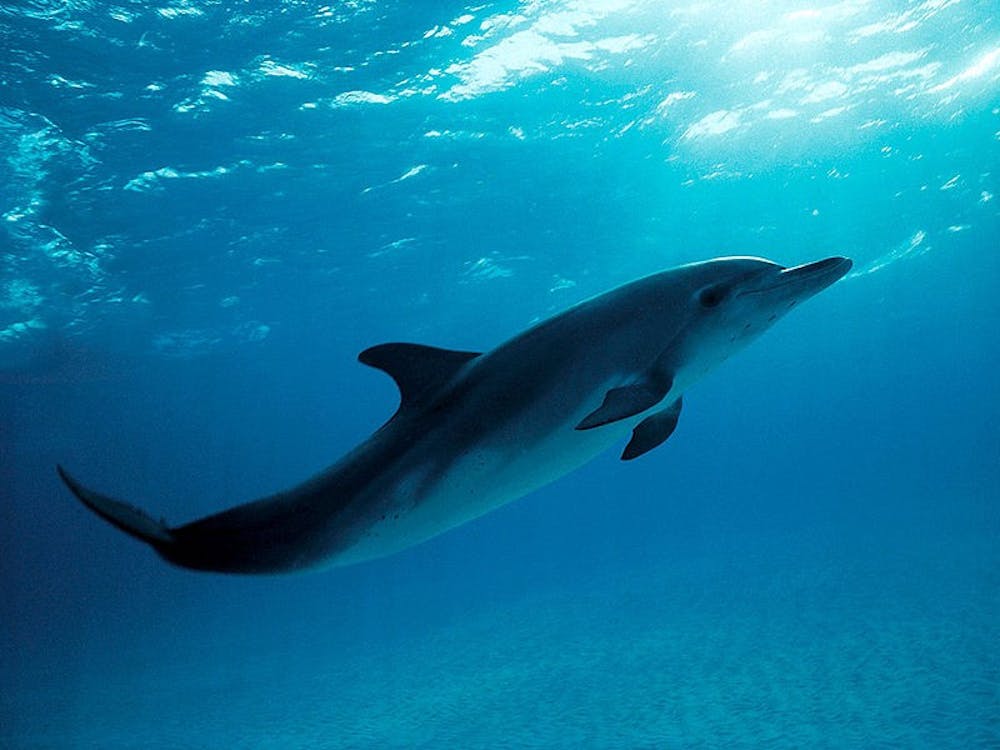
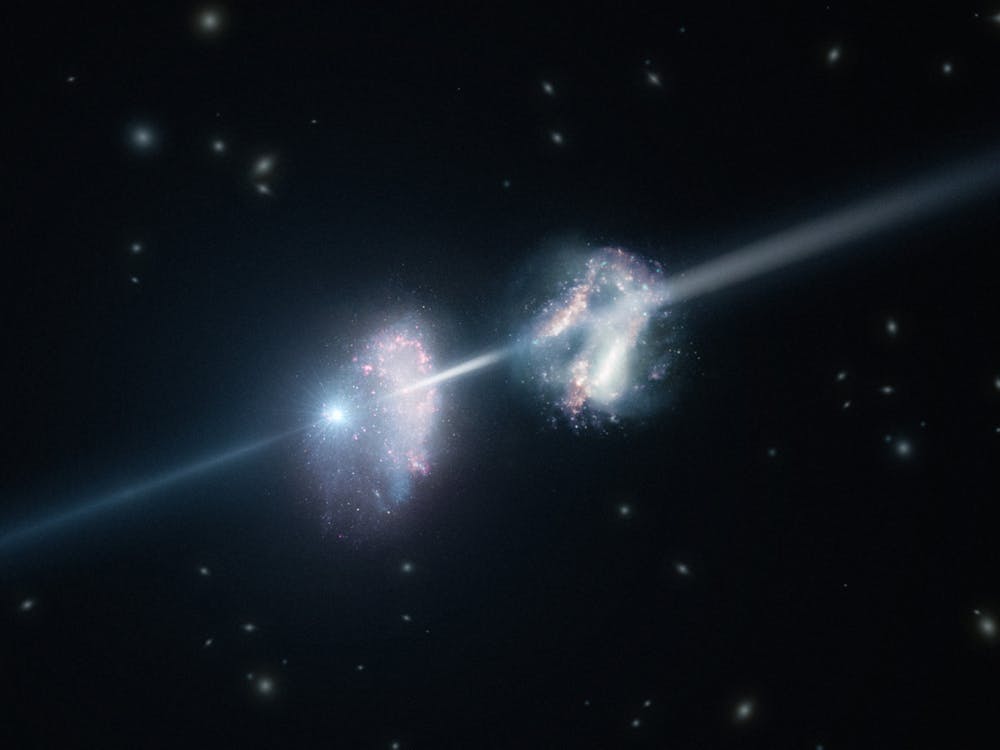
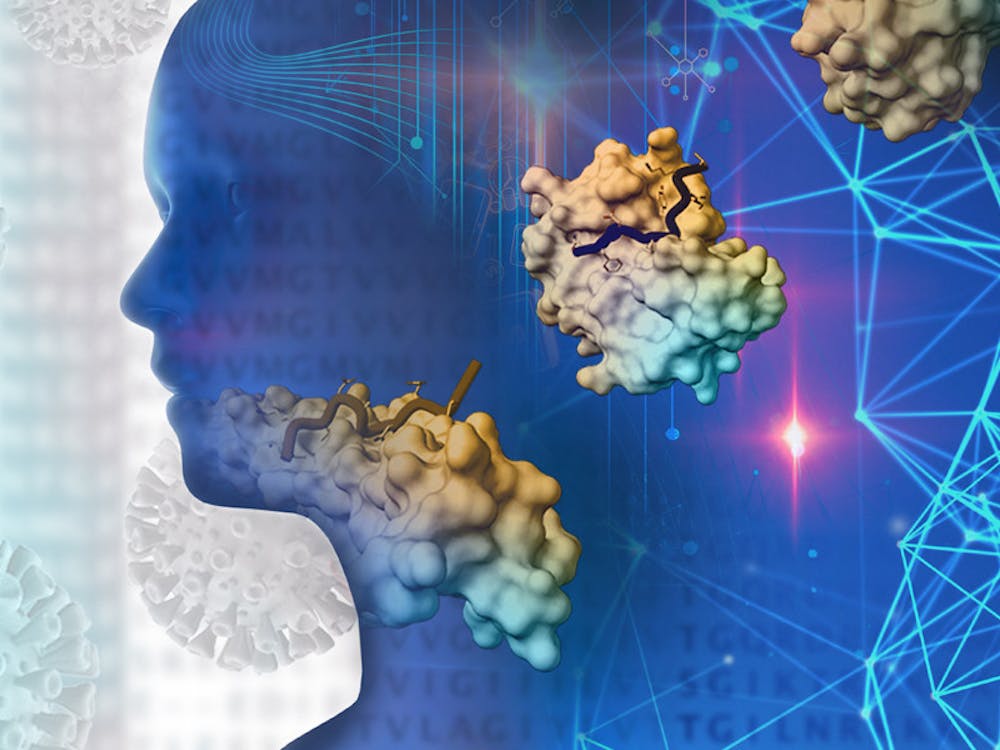
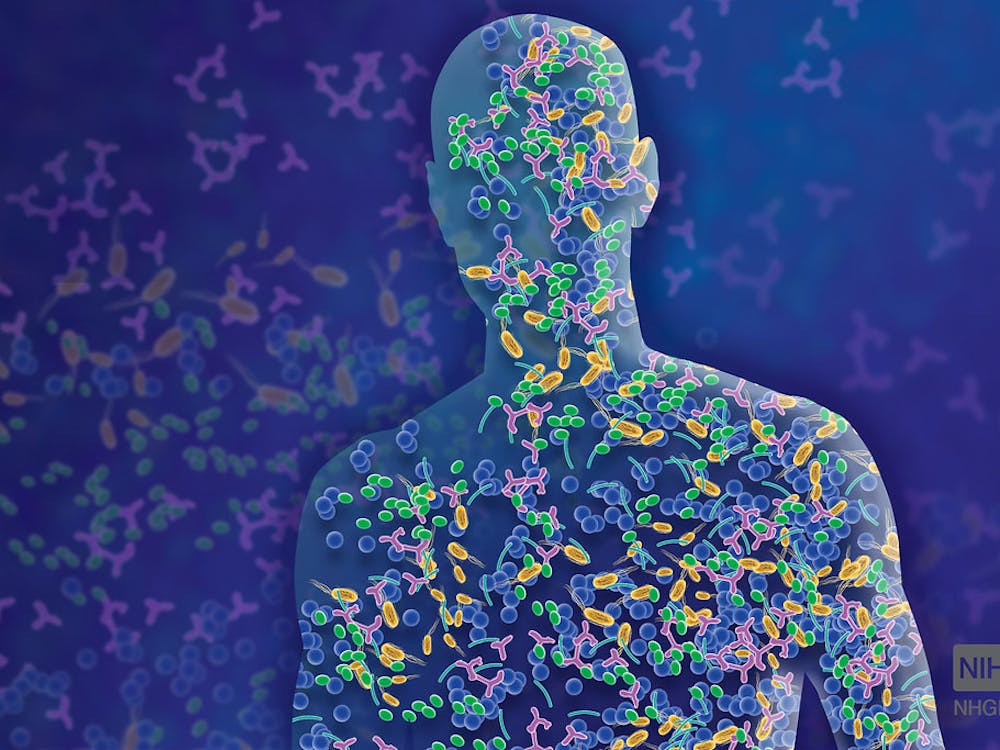


















Please note All comments are eligible for publication in The News-Letter.